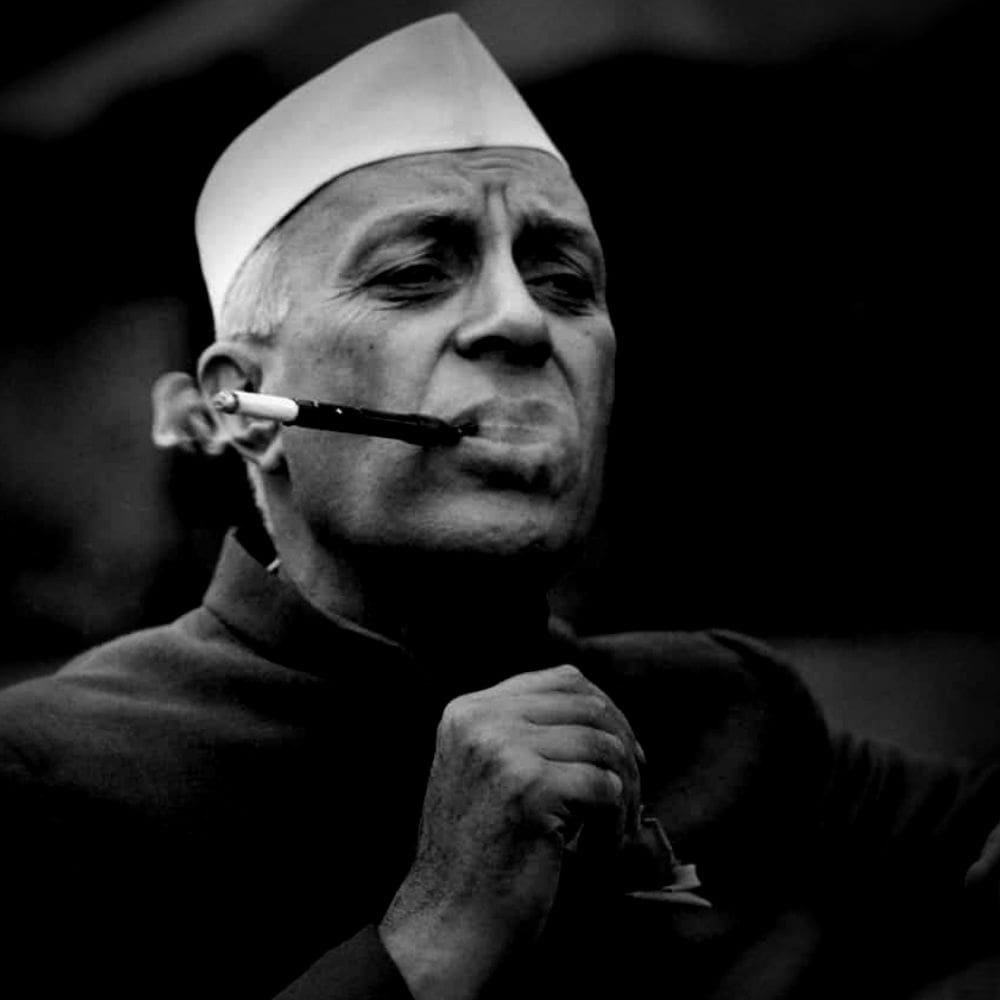INTERNATIONALISATION OF THE KASHMIR ISSUE
Nehru unnecessarily internationalised what was purely an internal issue by taking the J&K issue to the UN, again under the influence of the British Mountbatten. Wrote V Shankar in ‘My Reminiscences of Sardar Patel, Volume 1’: “Lord Mountbatten persuaded Pandit Nehru to make a broadcast in which he was to announce that the accession would be subject to a plebiscite under the UN auspices. This was scheduled at 8.30pm on 28 October [1947]. Sardar used to insist on seeing the texts of important broadcasts including those of the prime minister. Pandit Nehru had a very busy day and could not send the text before 8.15pm. Sardar read it and noticed the embarrassing commitment. He tried to contact Pandit Nehru but the latter had left for the Broadcasting House. Sardar then commissioned me to go to the Broadcasting House and ask Pandit Nehru to delete the offending phrase ‘under UN auspices’…”
However, by the time Shankar reached the place, the Mountbatten- inspired deed was done by Nehru. It was imprudent on the part of Nehru to have made this commitment of “plebiscite under UN auspices” at the instance of a British, Lord Mountbatten, having his own axe to grind, without taking the cabinet and the patriotic Indians who mattered—Sardar Patel and others—into confidence! Wrote the veteran Congressman DP Mishra:
“Soon after, I heard Nehru’s voice on All India Radio at Nagpur, committing the Government of India to the holding of plebiscite in Kashmir. As from my talk with Patel, I had received the impression that the signature of the Maharaja had finally settled the Kashmir issue. I was surprised by Nehru’s announcement. When I visited Delhi next, I pointedly asked Patel whether the decision to hold a plebiscite in Kashmir was taken at a meeting of the Cabinet. He sighed and shook his head. It was evident that Nehru had acted on Mountbatten’s advice, and had ignored his colleagues.”
Reference to the UN was something Sardar Patel, Dr Ambedkar and others were against, however, Nehru again went ahead with it publicly in his radio broadcast on 2 November 1947. Despite sane advice, Nehru scored a self-goal for India by formally referring the J&K matter to the UN on 1 January 1948. With the issue internationalised, India suffered greatly, both domestically and internationally. It became like the sword of Damocles. The UK, the US and their allies, led by the UK, began playing politics of favouring Pakistan over India, ignoring the fact of Pakistani aggression in J&K.
That the member-nations of the UNSC acted in their own selfish national interests and engaged in power-game was apparently not known to the foreign-affairs expert Nehru. As usual, Nehru himself realised his blunder after the act. Nehru regretted the Kashmir issue “has been raised to an international level… by reference to the Security Council of the UN and most of the great powers are intensely interested in what happens in Kashmir… [Kashmir issue] has given us a great deal of trouble… the attitude of the great powers has been astonishing. Some of them have shown active partisanship for Pakistan… We feel we have not been given a square deal.”
IN ADDITION TO TOWING THE BRITISH MOUNTBATTEN LINE, DID NEHRU’S MARXIST-COMMUNIST BEND DRIVE THE PLEBISCITE DECISION?
Commented Sita Ram Goel: “Pandit Nehru promised a plebiscite in Kashmir without consulting any of his cabinet colleagues or even Mahatma Gandhi. I refer … to the Memorandum which the CPI [Communist Party of India] had submitted to the British Cabinet Mission and in which Kashmir was described as a separate nationality which should be given the right of self-determination to the point of becoming a sovereign State. The CPI had denounced Kashmir’s accession to India as an imperialist annexation in early 1948. The Indian army in Kashmir had been described as an army of occupation in all official Soviet publications at that time. So Pandit Nehru’s communist conscience suffered persistent pricks. He not only promised a plebiscite but also ordered the Indian Army to stop its triumphant march into Pakistan-occupied Kashmir. He changed his stand on a plebiscite in Kashmir only when the Soviet Union and the CPI had changed their stand and come out in support of the Indian case in Kashmir after Pakistan entered into an alliance with America. And he let loose a lying campaign against the West which was only reminding him half- heartedly of the plebiscite promise he had himself made earlier.”


